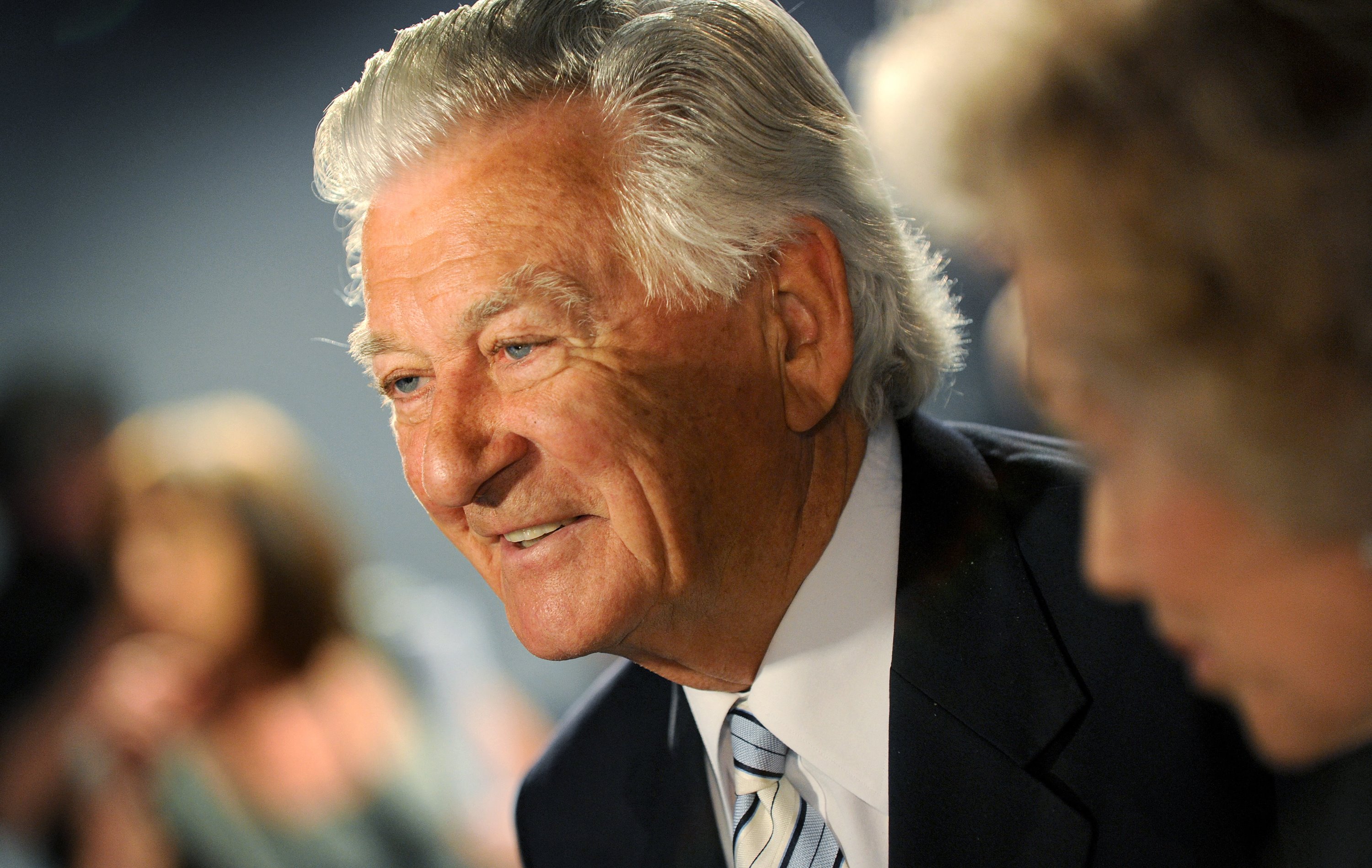
The Asia-Pacific Economic Cooperation (APEC) group was the brainchild of the former Australian Labor prime minister Bob Hawke. He saw free trade as being more than just good economics. He saw it as a way of ensuring a more peaceful world.
In his autobiography The Hawke Memoirs he wrote: “A world sunk in protectionism and economic autarky is a world much closer to war.”
From 1983 Hawke had been toying with the idea of a regional trade body. He saw Australia’s future in Asia, and particularly China.
To that end, he instructed Australia’s diplomatic missions in the region to see if there was interest for greater regional cooperation.
The reaction was positive. So, on Jan 31, 1989 at a luncheon of South Korean business associations in Seoul, he outlined his vision for what was to become the Asia Pacific Economic Cooperation grouping.
He told the luncheon the time had come for the region to increase efforts toward building greater regional cooperation.
In his speech, Hawke said his vision was for an “intergovernmental vehicle of regional cooperation capable of analysis and consultation on economic and social issues, not an academic exercise but to help inform policy development by our respective governments”.
Hawke was not alone in his push for the regional grouping. Roh Tae Woo, the then president of South Korea, was an enthusiastic supporter and good friend of the Australian prime minister.
There was hesitation by some of the founding members to the inclusion of the United States.
Hawke denied this saying any regional group “seeing to maximize the chances of economic cooperation in the Asia Pacific could not seriously contemplate leaving out the major economic power, the United States”. “The last thing one wanted was to encourage a future in which the United States withdrew into economic isolationism.”
APEC was officially launched in November 1989 when ministers from Australia; Canada, Japan, South Korea, New Zealand, the United States and the then six Association of South East Asian Nations (ASEAN) – Brunei Darussalam; Indonesia; Malaysia; the Philippines; Singapore; and Thailand – gathered in Canberra.
It was not too long before APEC was expanded to include China; Hong Kong, China; and Chinese Taipei who joined in 1991. Mexico and Papua New Guinea followed in 1993. Chile acceded in 1994. And in 1998, Peru; Russia; and Vietnam joined, taking the full membership to 21.
ASEAN members were initially cautious about a too rapid development of APEC.
Formed in 1967 ASEAN was primarily a political grouping which had little economic structure. APEC was seen as the ideal vehicle to fill that void especially as trade within the region was growing and with the emergence of China as a major global economic power.
By 1993 APEC had grown from being just a ministerial gathering to a meeting of heads of state and government.
Many would argue the 1990s was the high point of APEC’s significance as a regional grouping. Since then, its importance has waned.
Two political scientists from Indonesia’s Brawijaya University said in a paper APEC had become “obsolete”.
The academics Dr Pantri Muthriana Erza Killian and Dr M Faishal Aminuddin said APEC was built to create a prosperous and liberalized market in the Asia-Pacific by adopting the core principle of open regionalism.
They argue APEC remains a solid forum in the Asia-Pacific, despite the growing discontent with its role and relevance in the region.
But they argue that despite APEC’s major contribution to liberalizing the economy, its “role and relevance is waning in the Asia-Pacific”.
While APEC’s open regionalism principle was a breakthrough in circumventing the negative effects of creating ‘closed’ trading blocs, this principle needs to be upgraded to address contemporary challenges, they said.
The notion of ‘open’ must not only focus on trade and economic affairs but also include ‘opening’ up to the non-economic agenda currently on the rise in the Asia-Pacific, they noted.
The academics said as one of the oldest regionalism projects in the Asia-Pacific, APEC needs to re-evaluate its outdated approach and make way for a more contemporary perspective on regional integration to maintain its role and relevance in the Asia-Pacific”.
The writer is a freelance journalist for China Daily. He can be reached at karlwilson@chinadailyapac.com .


